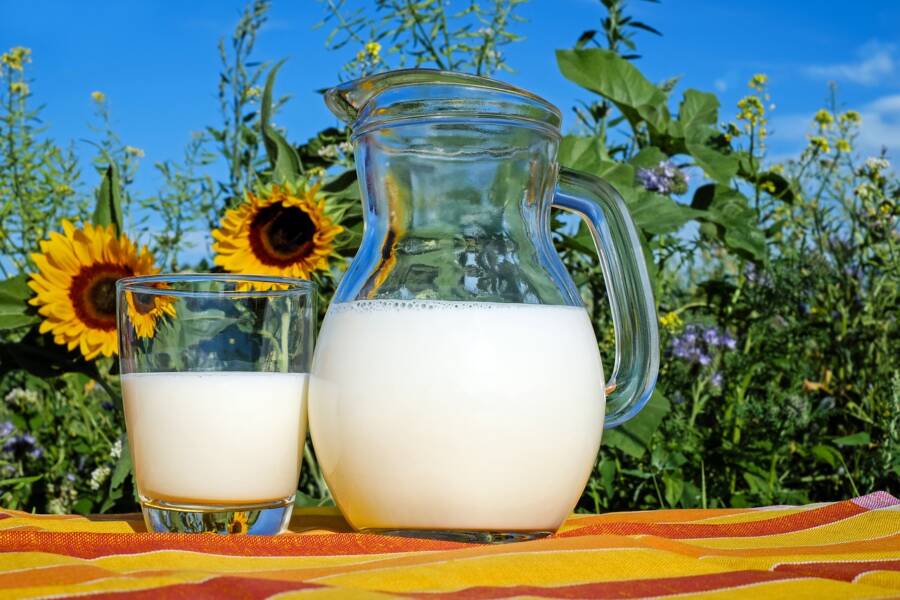Feeding babies is a crucial aspect of parenting, and choosing the right temperature of milk can be a matter of concern. While some parents prefer warm milk for their infants, others opt for cold milk. In this article, we will explore the benefits and risks associated with feeding babies cold milk. Can babies drink cold milk?
The Advantages of Feeding Babies Cold Milk
Feeding babies cold milk has several advantages. Firstly, it saves time and effort, as there is no need to heat the milk. Secondly, it is a more convenient option for parents who are on the go or traveling with their infants. Thirdly, cold milk may be more refreshing for babies in hot weather, reducing the risk of dehydration.
Cold Milk and Digestion
Some parents may be concerned that cold milk could affect their baby’s digestion. However, studies have shown that there is no significant difference in digestion between warm and cold milk. Additionally, some babies may prefer cold milk as it can soothe inflammation and pain caused by teething.
Cold Milk and Dental Health
Cold milk may have a positive impact on dental health. When babies drink cold milk, it reduces the production of acid in the mouth, which can cause tooth decay. Therefore, it is recommended that parents encourage their infants to drink cold milk and avoid adding sugar to it.
Can Babies Drink Cold Milk?
While feeding babies cold milk has its advantages, there are also some risks associated with it. Firstly, cold milk may cause stomach upset and diarrhea in some infants. Secondly, it can reduce the absorption of nutrients in the milk, leading to nutrient deficiencies in babies.
Best Practices for Feeding Babies Cold Milk
To minimize the risks associated with feeding babies cold milk, parents should ensure that the milk is not too cold. Can babies drink cold milk? Room temperature milk is ideal, as it is not too hot or too cold. Additionally, parents should use fresh milk and avoid keeping it out of the refrigerator for too long.
When to Avoid Feeding Babies Cold Milk
Can babies drink cold milk? Parents should avoid feeding cold milk to babies who are sick or have a cold. Cold milk may worsen their symptoms and make it harder for them to recover. Additionally, premature babies may find it difficult to digest cold milk, and it is recommended that they are fed warm milk.
Conclusion
In conclusion, babies drink cold milk has its advantages and disadvantages. It is a convenient option for parents, but they must take care to avoid the risks associated with it that can impacts children. Parents should always consult with a pediatrician if they have concerns about feeding their babies cold milk. By following the best practices, parents can ensure that their babies receive the best nutrition and care.








